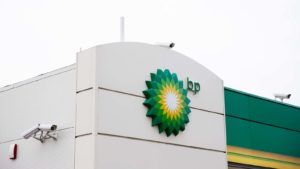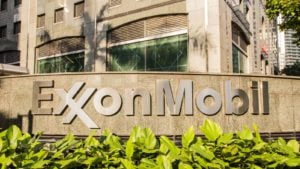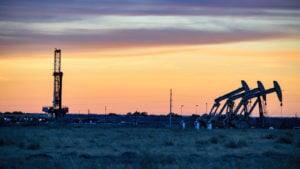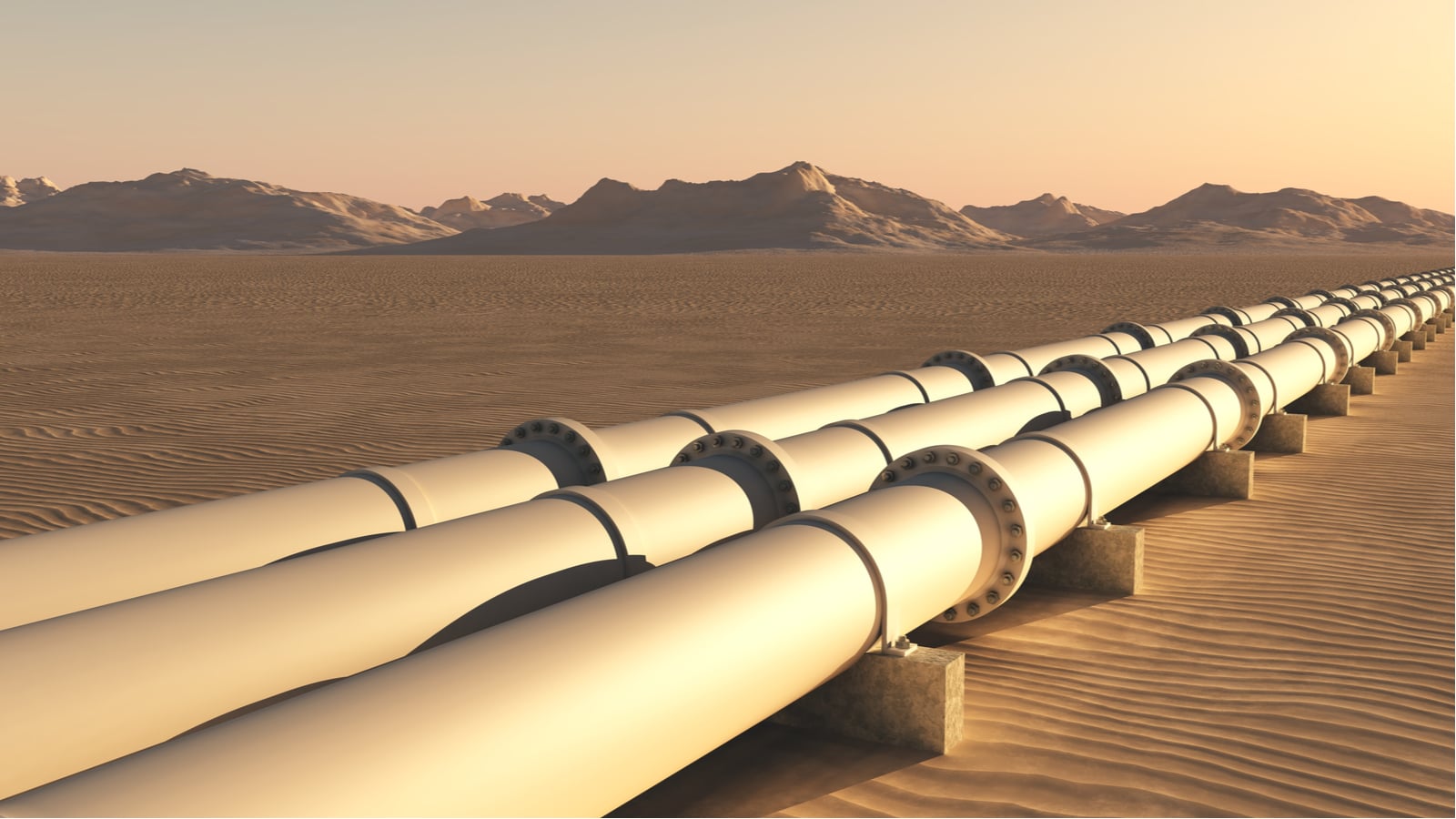Global oil consumption is recovering from the pandemic, which has driven oil prices higher, with Brent crude rising over $70 per barrel. This rally will greatly benefit oil producers, especially oil stocks from the global majors that rely more heavily on the price of oil.
In addition, several top oil stocks pay high dividend yields to shareholders of 5% or more.
In this article, we will analyze the prospects of these stocks, which are offering high dividend yields and will greatly benefit from the rally of the oil price.
And not only are they are offering high dividend yields, but the sustainability of their dividend payouts improves with rising oil prices.
My picks today are:
High-Yield Oil Stocks: BP plc (BP)

BP is one of the largest oil and gas companies in the world. It operates in two segments: upstream and downstream (mostly refining).
Last year, the oil major came under great pressure due to the coronavirus crisis and the resultant plunge in the price of oil and refining margins.
Fortunately, the pandemic has begun to subside this year thanks to the massive distribution of vaccines. Given also the deep production cuts of OPEC and Russia, the price of oil has rallied to a 3-year high this year. BP has greatly benefited from this rally.
In the first quarter, BP reduced its production 22% due to asset sales, the natural decline of its fields and reduced investment amid the pandemic.
On the upside, it more than tripled its earnings per share, from $0.24 to $0.78, thanks to the rally of the oil price and improved refining margins. It was one of the company’s most profitable quarters in seven years.
Moreover, thanks to the continuing recovery of the energy market, BP is likely to maintain its strong performance in the upcoming quarters. BP tends to outperform the other oil majors during rising oil prices and underperform during falling oil prices because of its high sensitivity to the price of oil and its debt load.
Renewable energy is a potential growth catalyst for BP as well. BP now intends to increase its investment in clean energy 10-fold in an effort to increase its renewable energy generating capacity 20-fold over the next decade.
It also targets a 10-fold increase in the number of charging points of electric vehicles.
BP cut its dividend by 50% last year due to the pandemic. Nevertheless, BP is still offering an attractive 5% dividend yield.
Thanks to the healthy payout ratio of 50% and the favorable price environment, the dividend is safe for the foreseeable future.
Exxon Mobil (XOM)

Exxon Mobil is the largest oil and gas company by market capitalization.
It produces oil and natural gas at a 60/40 ratio and it is one of the most integrated oil majors, with significant contribution from its refining and chemicals segments.
In 2020, the pandemic caused a collapse in oil prices, which in turn led to refining and chemicals margins to historic lows. As a result, Exxon posted its first losses in more than a decade last year and its dividend came under pressure, as the oil major posted a cash flow deficit of $16.2 billion.
At the same time, Exxon Mobil is one of the greatest beneficiaries from the rally of the oil price this year. Thanks to this rally and the improvement of refining and chemicals margins, the oil giant grew its earnings per share impressively in the first quarter, from $0.03 in last year’s quarter to $0.65 this time around.
Exxon is on track to exceed its pre-COVID earnings per share of $2.44 (in 2019) by a wide margin this year.
Exxon has two strong growth drivers, its reserves offshore Guyana and the Permian Basin. Guyana is one of the most promising projects in the oil industry.
Exxon has nearly tripled its reserves in the area, from 3.2 billion barrels in early 2018 to nearly 9.0 billion barrels now. The company also expects to grow its output in the Permian Basin, from 400,000 barrels per day this year to 700,000 barrels per day in 2025.
The dividend of Exxon appears to be sustainable, particularly given the rally of the oil price this year. Exxon has raised its dividend for 38 consecutive years, making it a Dividend Aristocrat. Shares currently yield 5.8%.
High-Yield Oil Stocks: Enbridge (ENB)

Enbridge is a midstream oil and gas company, which is headquartered in Canada and operates in four segments: Liquids Pipelines, Gas Transmission, Gas Distribution and Green Power.
The company transports roughly one-quarter of North America’s crude oil and 20% of the natural gas consumed in the U.S.
Enbridge has repeatedly proved to be one of the most resilient oil companies to recessions thanks to its defensive business model.
The company has a toll-road, fee-based business model that relies on charging fees to customers for the products they transport. As the contracts have minimum-volume requirements, Enbridge enjoys reliable cash flows even under adverse business conditions, when its customers transport low volumes.
While most energy companies saw their earnings collapse last year, Enbridge was one of the extremely few oil and gas companies that grew their distributable cash flow per share.
The company grew its cash flow per share by 2% last year and is poised to grow its bottom line again this year, primarily thanks to the contribution of new growth projects.
On the other hand, Enbridge’s reliable dividend has become even safer this year thanks to the recovery from the pandemic. Enbridge has grown its dividend (in CAD) for 26 consecutive years, at a 10% average annual rate.
In addition, it is currently offering an exceptionally generous 6.9% dividend yield. The company has a healthy payout ratio of 69% and is likely to continue growing its distributable cash flow thanks to its promising pipeline of growth projects.
On the date of publication, Bob Ciura did not have (either directly or indirectly) positions in any of the securities mentioned in this article. The opinions expressed in this article are those of the writer, subject to the InvestorPlace.com Publishing Guidelines.
Bob Ciura has worked at Sure Dividend since 2016. He oversees all content for Sure Dividend and its partner sites. Prior to joining Sure Dividend, Bob was an independent equity analyst. His articles have been published on major financial websites such as The Motley Fool, Seeking Alpha, Business Insider and more. Bob received a bachelor’s degree in Finance from DePaul University and an MBA with a concentration in investments from the University of Notre Dame.
